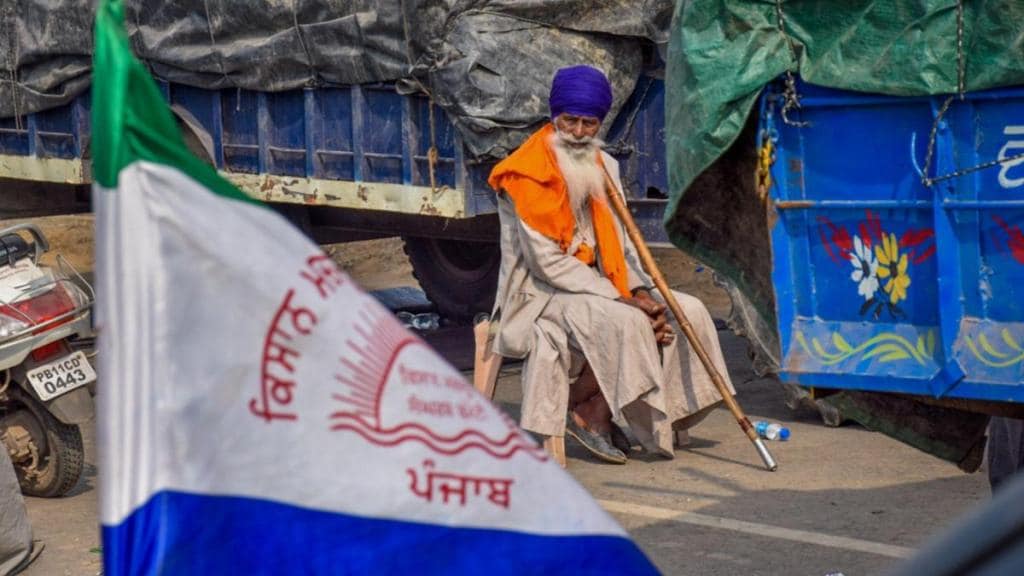Agrarian distress continues to stalk the land as farmers under the banner of the Samyukta Kisan Morcha (SKM) (apolitical) who have been staging a protest on the Punjab-Haryana border since February plan to march to the nation’s capital from December 6. A senior leader of another group has also decided to fast unto death. Farmer demands vary but the main one — similar to their year-long agitation four years ago — is for a legal guarantee for minimum support prices (MSPs) for 23 crops to shore up their incomes. The farmers are restive as cultivation at the margin is getting increasingly unviable due to costlier inputs. They are exposed to the vagaries of climate change and extreme weather. Farming thus entails huge and growing risks but yields meagre incomes. While their costs of production have steadily risen, the prices paid to them have steadily fallen or at best stagnated. In other words, the terms of trade have deteriorated against agriculture, setting up a confrontation between the countryside and town.
The SKM’s decision to intensify its agitation if its main demand is not addressed resonates with the interim report of a Supreme Court-appointed committee headed by Justice (retired) Nawab Singh. This five-member committee — which was tasked with addressing various demands of the protesting farmers on the Punjab-Haryana border — recommended serious consideration of their demand for a legal sanctity to the MSP regime. These farmers are from a region which was the biggest beneficiary of the Green Revolution since the late 1960s, and which made the country self-sufficient in wheat and rice as the government provided high-yielding seeds and fertilisers. MSPs were announced and the Food Corporation of India bought whatever farmers produced. They are much richer than their counterparts in the rest of the country as they operate on larger farms. The Green Revolution, however, left behind a legacy of stagnation in yields, growing debt burden, unsustainable cropping patterns, and environmental degradation. Accordingly, the report advocated evaluating the legal guarantee for MSPs to restore confidence among farmers.
The tenacity of farmer demands that the MSP regime be legally guaranteed in writing is a red line for any government regardless of its political complexion. There is no way that this demand can be conceded as it entails a huge fiscal cost. MSPs introduce a cost-plus determination to prices that is inflationary over the short term. They don’t insulate farmers from continuing market failures, volatility of prices, and sudden supply gluts, especially when bumper harvests are increasingly becoming the new normal unlike the era of food scarcity in the 1960s. For such reasons, the government must meet with the farmers to assure them of equally efficacious means to shore up their incomes like deficiency price payment (DPP) and higher direct income support.
DPPs compensate farmers for the difference between the MSPs for select crops and their mandi price if the latter rule at lower levels and do not entail physical procurement. The feasibility of rolling it out nationally by cutting out politically connected intermediaries and transferring payments directly into the bank accounts of the farmers must be seriously explored. Higher direct income support is also preferable as it is non-distortionary and inclusive in nature because it partakes of a quasi-rural basic income scheme. The agitating associations should also see reason but the intensifying farmer unrest underscores the complexity of ensuring cheap food production together with decent incomes for those who till the land.


